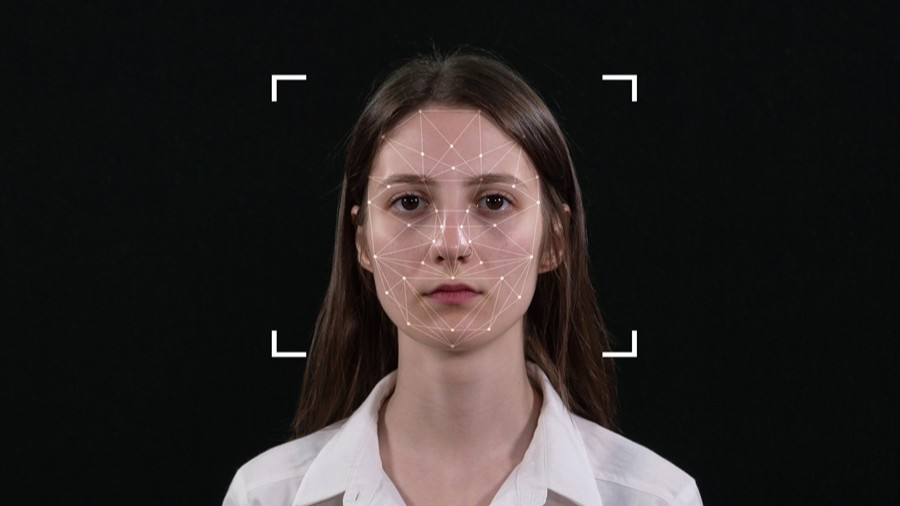The so-called ‘criminalisation of healthcare workers’ has become an increasingly contentious issue in recent years, raising important questions about the balance between professional accountability and the protection of medical practitioners.
This phenomenon, where healthcare professionals face criminal charges for errors or perceived misconduct in the course of their duties, has significant implications not only for the medical community but wider society.
The Context of ‘Criminalisation’
Healthcare staff operate in high-stress environments where they are often required to make quick decisions with, sometimes, incomplete information. Despite their expertise and dedication, mistakes can and do happen. Traditionally, errors in medical practice have been addressed through civil litigation, professional disciplinary actions, institution-led reviews and in Scotland, sometimes through Fatal Accident Inquiries. However, there has been a noticeable shift towards criminal prosecution in some cases, especially where a death has occurred allegedly as a result of a medical error.
Key Cases and Trends
The prosecution of nurses and doctors in various countries for accidental deaths or significant mistakes has brought this issue to the forefront. In the US, the high-profile case of RaDonda Vaught, a Tennessee nurse prosecuted for a fatal medication error, sparked widespread debate and concern within the healthcare community. Similarly, in England, the conviction of NHS Paediatric Registrar, Dr. Hadiza Bawa-Garba for gross negligence manslaughter after the death of a young patient caused outrage among medical professionals who argued that systemic failures and workload pressures contributed significantly to the tragedy.
Whilst it is extremely rare for healthcare workers in Scotland to be faced with criminal charges as a result of serious clinical errors, the Crown are now considering these sorts of cases with renewed focus. It was reported, for example recently that a nurse appeared in court on Petition charged with Culpable Homicide following an alleged fatal medication error.
Implications for Healthcare Workers
Whilst society expects criminal laws to be applied to inappropriate conduct indiscriminately, regardless of sector or profession, many argue that the criminalisation of healthcare workers can have far-reaching consequences which are not always in the public interest. Firstly, it is argued it creates a culture of fear and defensiveness among medical practitioners. The fear of prosecution can lead to defensive medicine, whereby doctors and nurses struggle to practise in a way which protects them from potential legal action rather than to benefit the patient. Some argue that this not only increases healthcare costs but can also expose patients to unnecessary risks.
Secondly, criminal prosecution can deter talented individuals from entering or remaining in the healthcare profession. For some, the prospect of facing imprisonment for mistakes made in good faith under challenging circumstances is just too powerful a disincentive. Should this prove to impact staffing on a wider scale, this would be unwelcome in the context of global healthcare shortages, where retaining skilled professionals is crucial.
Impact on Patient Safety and Reporting
One of the most significant concerns raised by those in the medical profession regarding the ‘criminalisation’ of healthcare workers for professional failings is its impact on patient safety. Effective healthcare systems rely on transparent reporting and analysis of errors to learn from mistakes and prevent future incidents. When healthcare workers fear criminal prosecution, there is a school of thought that they are less likely to report errors or near misses, undermining the culture of openness and duty of candour that is essential for patient safety.
The Need for a Balanced Approach
While accountability in healthcare is vital, there is a need for a balanced approach that distinguishes between criminal acts and non-culpable mistakes made in the line of duty – accompanied by an acknowledgement that humans are not infallible.
It is essential to address systemic issues within healthcare systems that often contribute to errors, such as understaffing, inadequate meal/rest breaks, lack of training and excessive workloads. In order for the criminal justice system to operate fairly in this environment, these broader issues must be addressed if/when they arise alongside alleged individual failings. The Crown North and South of the Border both have active cases under investigation for the prosecution of Health Boards, so these broader systemic failings may also lead to charges against those organisations whose culture or policies are not compliant.
Moving Forward: Recommendations
To ensure the criminal law is used in appropriate cases and also improves patient safety, several steps can be taken:
- Healthcare institutions should provide comprehensive training and continuous professional development for staff to help reduce the incidence of errors. Additionally, offering psychological support and counselling can help practitioners cope with the stresses of their profession.
- Addressing systemic issues such as staffing levels, workload pressures, and resource availability is crucial. Encouraging a culture of safety and learning within healthcare institutions is essential. This should involve fostering an environment where errors can be openly discussed and analysed without fear of punitive measures, thereby allowing for continuous improvement in patient care.
- Unfortunately, the smallest error can have significant and even fatal consequences in healthcare. This could lead prosecutors to focus on the outcome of the error, rather than the circumstances around the error itself. Consideration could be given at Government level to revise existing legal frameworks to help protect healthcare workers from undue criminalisation as a result of an unintentional error that does not meet the criteria for criminality – particularly where measures imposed by the practitioner’s regulator would sufficiently remediate the practitioner and adequately protect the public.
Conclusion
The potential criminalisation of healthcare workers for their professional conduct is a complex issue that requires careful consideration and a balanced approach. Whilst accountability is crucial, it is equally important to recognise the challenging conditions under which healthcare professionals operate, and to address systemic issues that contribute to errors. A supportive and open environment only serves to enhance patient safety, retain skilled professionals and ensure that healthcare workers can perform their duties without the looming threat of criminal prosecution.
BTO’s Regulatory and Criminal Defence Team have a strong reputation in this field. We frequently represent both individuals and organisations in the healthcare sector and can provide immediate advice and support in the event of an incident, including attendance at Police interviews.





